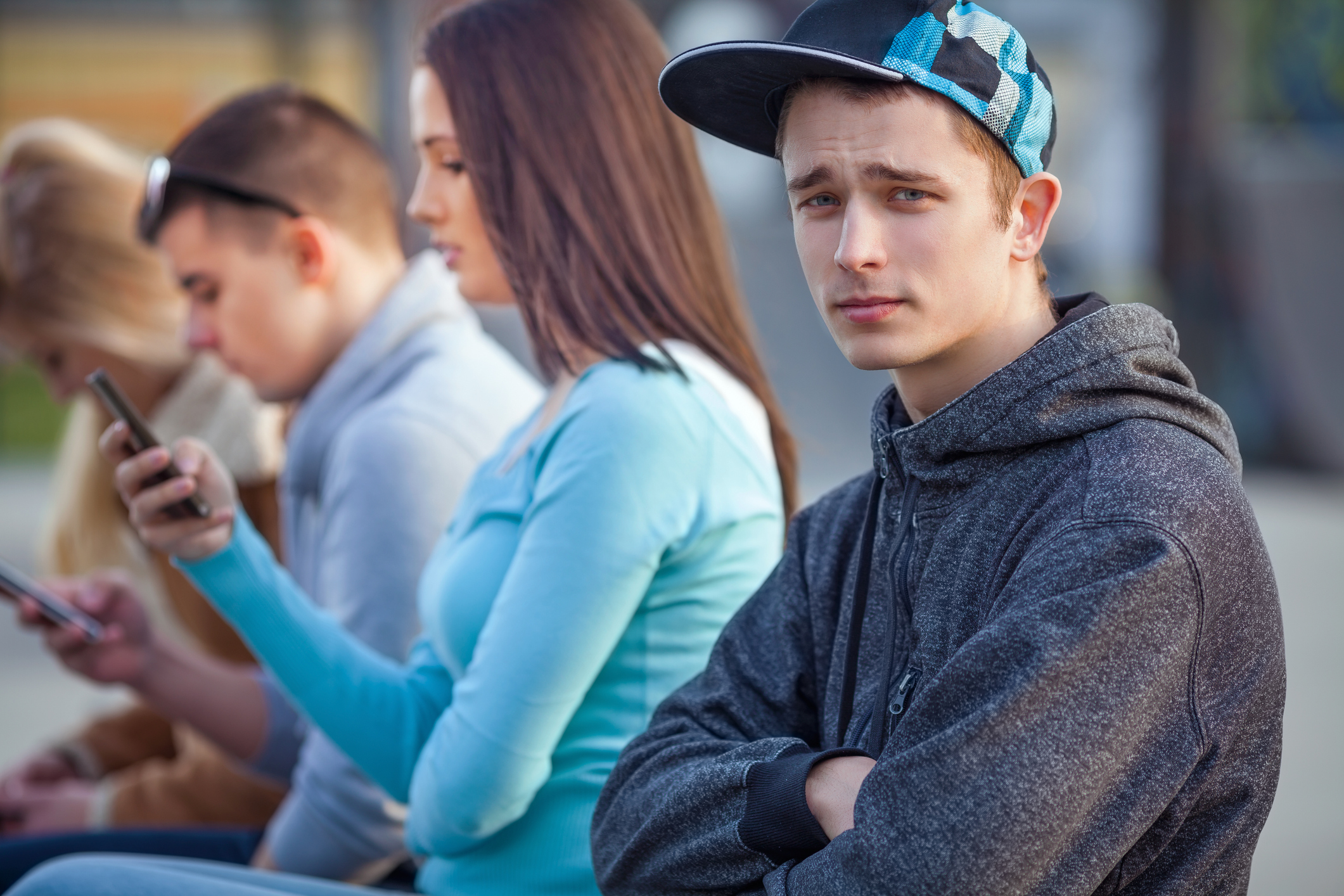Becoming Adults in a Changing World
The research community “Becoming Adults in a Changing World” contributes to youth welfare by promoting research and activities concerning the phase between adolescence and adulthood (ages 12–24) and the rapidly changing world in which the young people of today are growing up.
Becoming adults
Early adulthood is the phase in which young people take greater control of their lives. This control can be witnessed in four areas:
- After completing secondary school, young people progress to further education. It is in this phase that young people take their first steps towards choosing a career and forging their professional identity, before transitioning to a job that grants them financial autonomy and finding an affordable place to live.
- Becoming an adult also involves experiments in personal interactions and relationships with peers – both platonic and romantic. Young people’s relationships with their parents and teachers also transform in this phase. Their attention shifts to their peers, and they join various types of ‘groups’.
- In this environment, in which they are surrounded by a diverse group of people, young adults start to find their own feet: they discover their personal, gender, medical, religious and cultural identities and how to make their way in the world. Moreover, they figure out not only what makes them unique, but also what binds them to other people.
- Lastly, early adulthood is a phase in which young people learn to use their own voice and more frequently express their opinion on a variety of issues. In addition to pursuing a say in ethical or medical dilemmas, such as the vaccination debate, young people also seek greater political influence and legal rights.
Changing world
Becoming an adult is not an individual process, but one that is closely bound up with the global, economic, digital and ecological context in which young people come of age circa 2022–2023. Firm career plans and job security are no longer guarantees for a stable future. Another factor is that young people are living in a society that is increasingly online and dominated by apps and social media. Furthermore, more attention is being paid in this day and age to ethic and sexual diversity. While this opens the door to greater personal freedom, it can also lead to increased polarisation. Finally, climate change is forcing young people to think about their lifestyle and behaviour choices, while the ecological dilemmas that they are faced with add further pressure.
Toekomst DenkTank
Involving youth is central to the aims of the community. One of the key ways of doing this is through the ‘Toekomst DenkTank’, which roughly translates as Think Tank for the Future. This is a diverse group of young people who provide input and advice to the community as well as having the opportunity to participate in different forms of research.
Do you want to learn more, join our community or stay informed? Then send an email to: becomingadults@uu.nl

